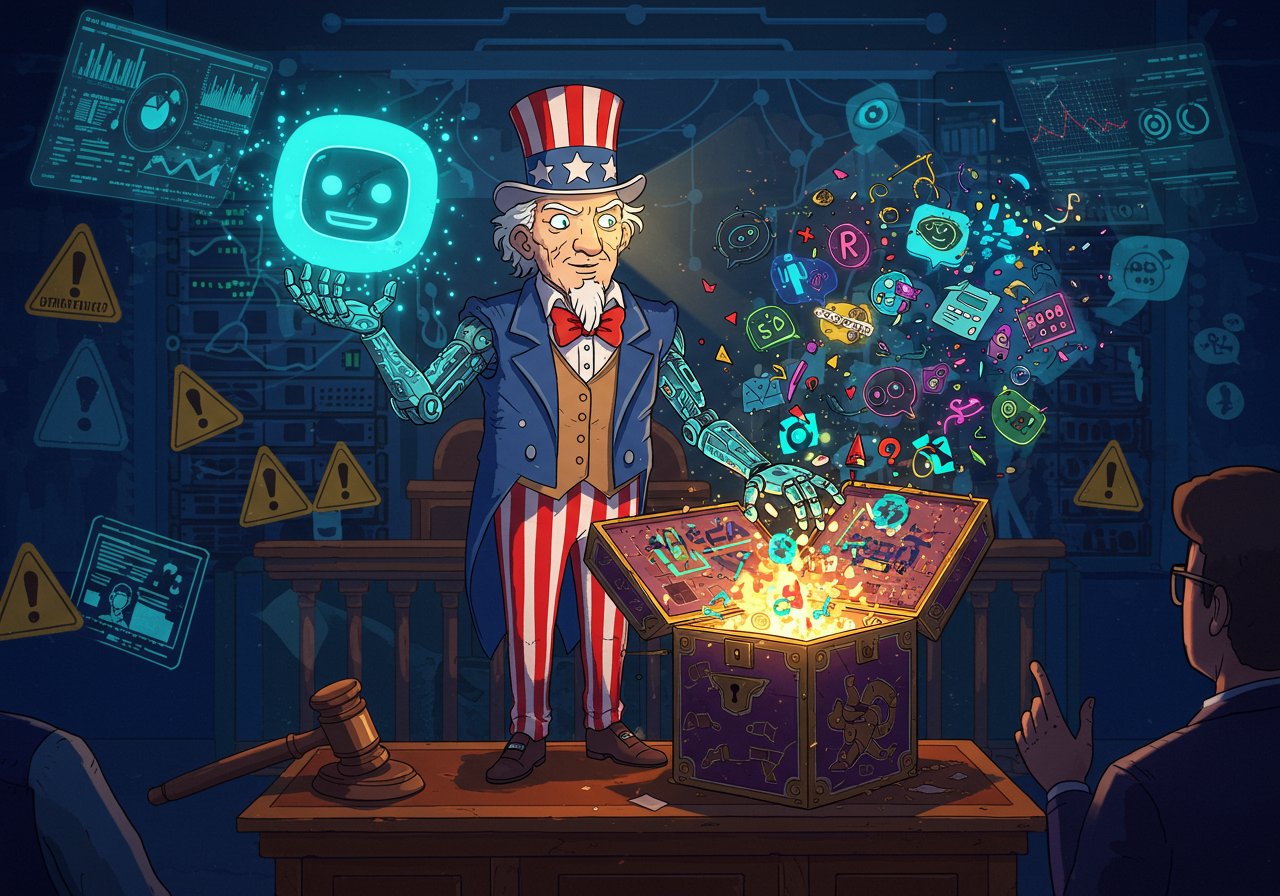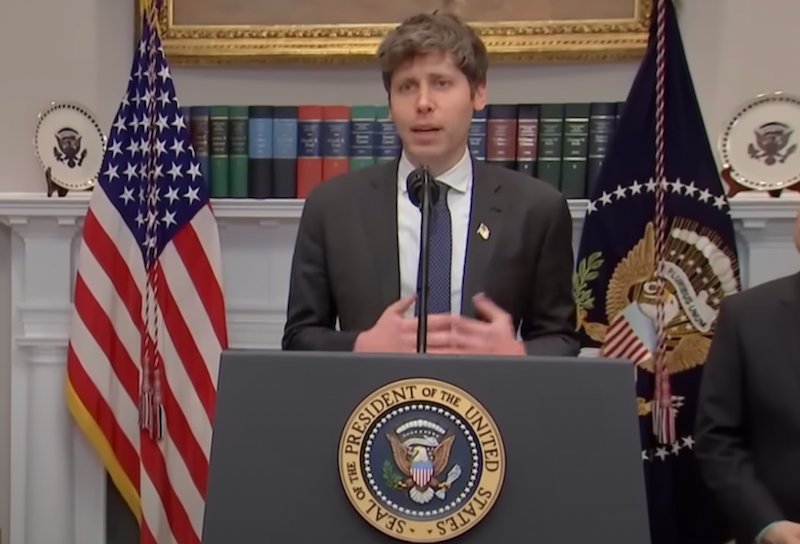
US Government Goes All-In on ChatGPT
In a bold move signaling the accelerating integration of artificial intelligence into government operations, the US administration has struck a deal with OpenAI to deploy ChatGPT across all federal agencies. The initiative, spearheaded by the US General Services Administration (GSA), aims to modernize workflows and aligns with the White House’s AI Action Plan. This broad adoption, however, is igniting a heated discussion about the potential ramifications for privacy, security, and the very fabric of governance.

The Allure of AI: Modernization and Efficiency
The agreement, reportedly costing a nominal fee per agency, promises to streamline operations and unlock new efficiencies within the government. Proponents argue that AI can automate tasks, improve decision-making processes, and enhance citizen services. The move echoes a broader trend across both the public and private sectors, where AI tools are increasingly being viewed as essential for staying competitive and relevant. OpenAI CEO Sam Altman has been a vocal advocate for the US investing heavily in AI, framing it as a key element of national strength.
Weighing the Risks: Privacy and Cybersecurity Concerns
Despite the potential benefits, the widespread deployment of ChatGPT within government raises significant concerns. Critics point to the inherent risks associated with centralized AI systems, particularly regarding data privacy and cybersecurity. The large-language models that power ChatGPT are trained on vast amounts of data, raising questions about the confidentiality and security of sensitive information. There’s also the potential for these conversational models to be accessed for nefarious purposes. The Space Force’s earlier pause on AI tool usage, due to cybersecurity concerns, highlights the real-world implications of this technology.
A Growing Global Debate
The US government‘s embrace of ChatGPT is part of a larger, global conversation. Sweden’s Prime Minister recently faced scrutiny after admitting to consulting AI for policy decisions. These developments underscore the complex interplay between technological innovation, government transparency, and individual liberties. The potential for AI to be used for surveillance, narrative control, or even legal action, as warned by OpenAI’s CEO himself, further fuels these concerns.
What Lies Ahead?
The integration of AI into government is undeniably a paradigm shift. As the US government proceeds with its ChatGPT initiative, the ongoing debate about privacy, data protection, and responsible AI development will only intensify. It’s a balancing act between embracing the benefits of technological progress and mitigating the potential risks to individual rights and national security. As 21Bitcoin, we will continue to monitor this evolving landscape, providing insights and analysis as the implications of this initiative unfold.


